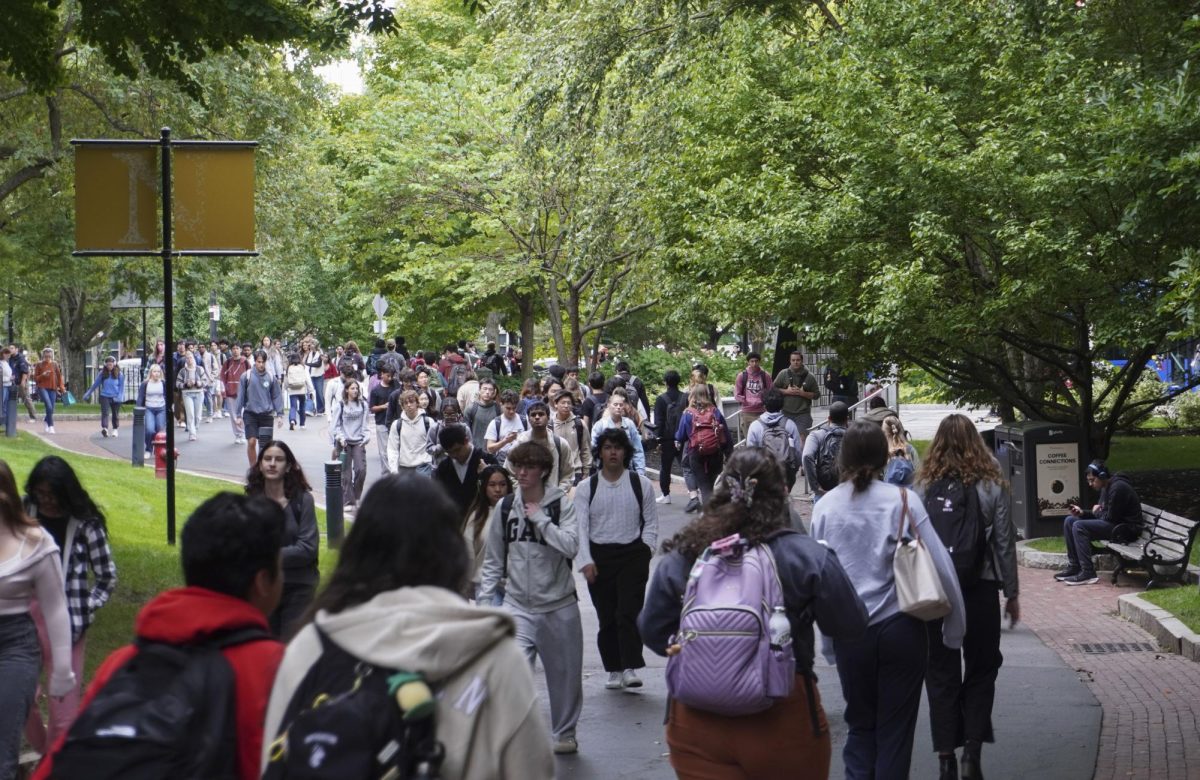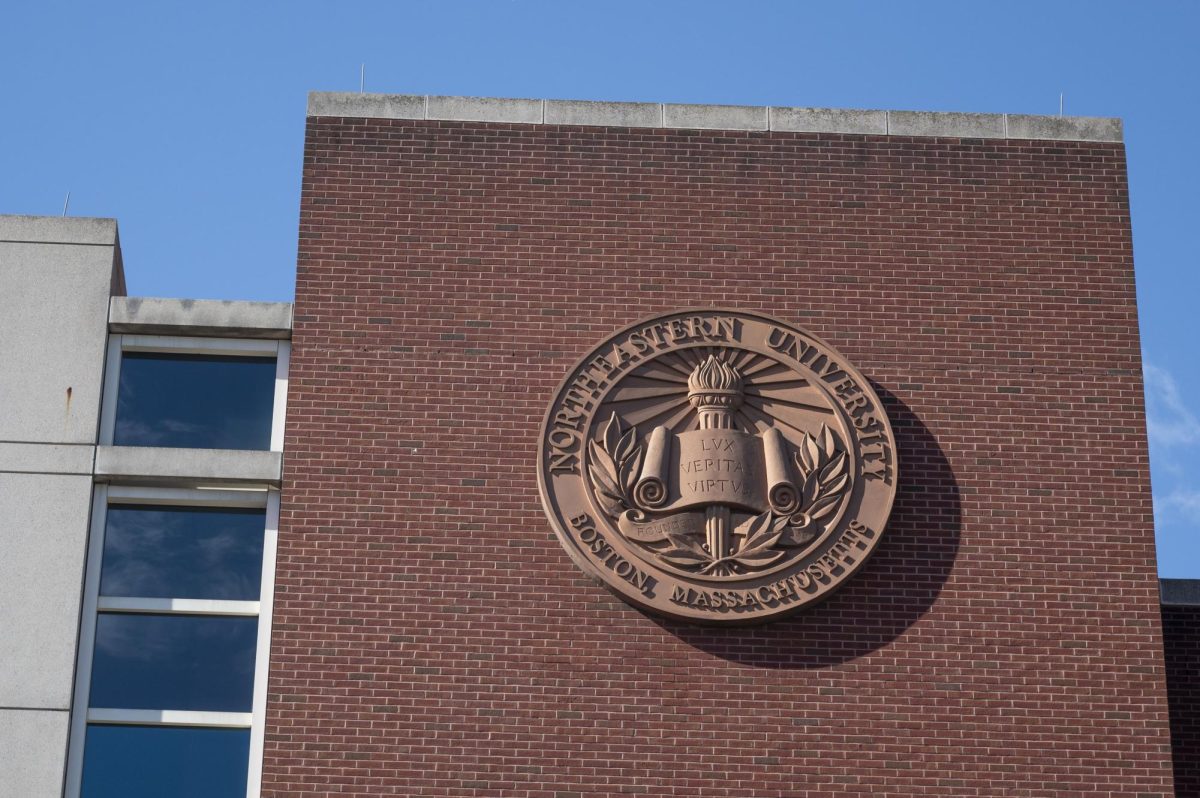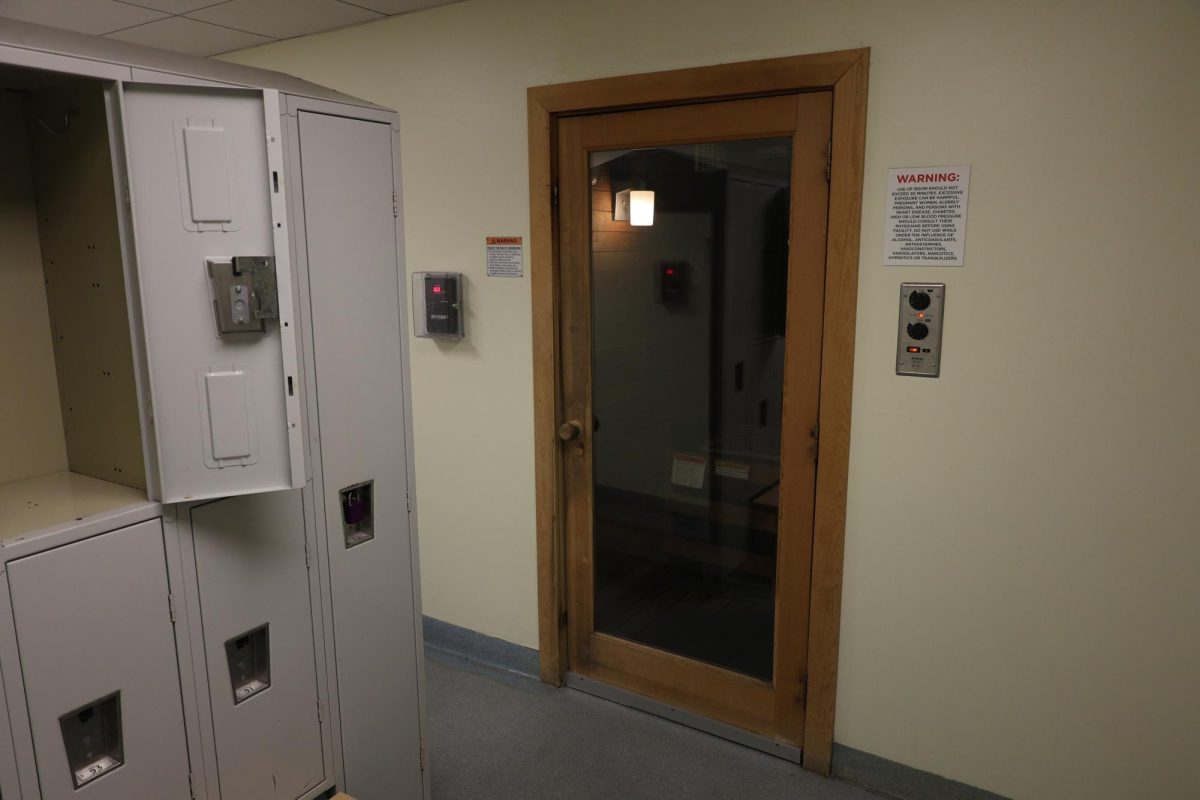In 1997, the Vice President for Student Affairs Karen Rigg and the Department of Institutional Research joined to develop a questionnaire known as NUPULSE.
“NUPULSE was designed to gather student feedback on several different subjects,” said Marjorie Wiseman, director of Institutional Research. “It helps to track progress and improve services.”
The Department of Institutional research is also responsible for the annual Northeastern fact book and provides official data to outside agencies.
The idea of NUPULSE was modeled after a similar research method that was being used at UMass Amherst and Syracuse University.
“It’s called pulse because it’s the pulse of the university,” said Maureen Donovan senior research associate of the Department of Institutional Research.
Such groups as the office of academic advising, computer service, and Residential Life have utilized NUPULSE’s services. NUPULSE also conducted a survey for the Student Government who wanted to know about election participation. They wanted to see whether students preferred direct elections or elections where they were represented by a Senator.
Groups that wish to have a survey conducted must fill out a form describing what types of questions they wish to have answered.
“Once submitted, it’s reviewed and we try hard to work with whoever to further develop the questions,” Wiseman said.
A computer-aided telephone interviewing system (CATI) helps collect data. Students who are paid for their services, conduct the actual interviewing. There are, on average, eight interviewers per night.
One survey that caused much controversy on and off campus was the Residence Hall Smoking Policy Survey. The survey was conducted during winter of 2002. NUPULSE interviewed a sample of full-time undergraduate students who lived in residence halls. The purpose of the survey was to discover student’s attitudes towards residence hall’s smoking policies. Many were upset by the results of the survey which showed that only 16 percent of those students interviewed felt that Northeastern housing should be smoke-free.
“We received many phone calls and comments about that survey,” said Donovan, “It was controversial because people were hoping students would opt for a non-smoking policy, but the results of the survey showed the complete opposite was true.”
The funding for the research falls under the research of Vice President Rigg.
At the end of every academic school year, a survey is conducted on the freshmen asking them about their freshman experience and sophomores who have completed at least one co-op are also interviewed. An average of six surveys are conducted every year.
A NUPULSE website is in the works where students and faculty can view past survey results.
“I hope that NUPULSE is helpful,” Wiseman said. “Our job is to work with the client and make some significant difference.”









